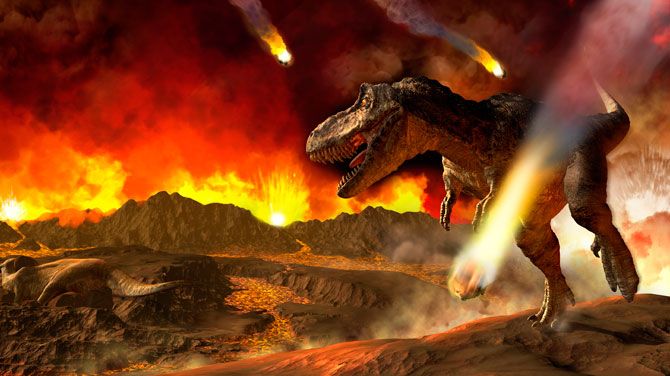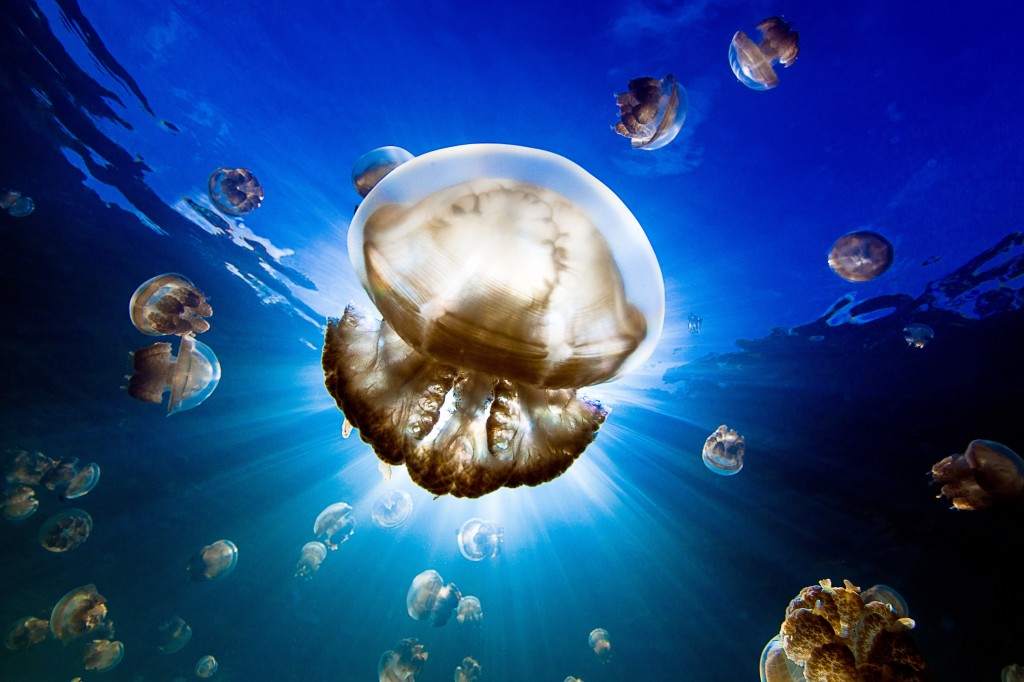The dinosaurs died during the last (fifth) extinction wave, about 65 million years ago. According to scientists, the sixth mass extinction is now in full swing. Over the last decades about 50% of all species have disappeared. There is bad news and good news: the bad news is that the extinction wave is caused by humans. The good news is that the extinction wave is caused by humans. Unlike the fifth mass-extinction wave, which was caused by a meteorite impact, we can do something now!

The forecast for the coming decades is very somber. If we predict the future, based on current scientific data, more animal species will die. Not only animal species, but also entire habitats are threatened. One of the most endangered areas are coral reefs, with all the marine life that lives in it. Due to climate change, the temperature on earth rises, which will make the seawater warmer. Coral is sensitive to a few degrees rise.
An increase of 2 degrees Celsius can be deadly to coral. Compare this to a human, who has an average temperature of 37 degree Celsius. If your temperature rises to 39 degrees you are sick and have a fever. If this is temporary, you will survive, but if it takes a long time, you may die.
Due to warmer seawater temperatures, coral will bleach. You can compare this to fever in humans. If the situation does not take to long and the temperature drops, then the coral can survive and get its color back. If the temperature stays too high, the coral will die. The warmer seawater has already caused mortality. Over the last few decades, there have been more mass bleaching events than over centuries before. Over the last 30 years, about half of the corals worldwide have died.

When you know that only one quarter percent (0.25%) of the ocean floor is covered with coral, while a quarter (25%) of all marine life is directly dependent on the reefs, you realize that coral reefs have an essential function in keeping the ocean healthy.
If the current water temperature rising continues, the expectation is that more corals die, the entire Great Barrier Reef will disappear in the next two decades. Nobody knows what the effects of the collapse of such an important ecosystem are. The combination of temperature rise and the fact that we empty the ocean with overfishing, make some scientists predict that there will only be jellyfish in the ocean in 30 years. This has disastrous consequences for human beings, because one thing is certain: without a healthy ocean, no healthy life on earth!

Be the change you want to see and inspire others.
The first simple action you can take for a healthy ocean is to eat less fish. Nobody stops fishing until you stop eating fish. Every plate counts. Imagine we all stop eating fish in the same week, the ocean will be left in peace for one week.
The second action is to reduce your CO2 emissions. Take on the challenge to start with one thing and do the footprint challenge.
More info about corals and how a bleaching event was captured on camera, see the beautiful film Chasing Coral.


